Many people are so focused on macronutrients (protein, carbohydrates, and fat) that they often overlook the importance of micronutrients. These micronutrients are the vitamins and minerals found within your food. Micronutrients might not be as integral to the body as getting enough protein, fat, and carbs, but you need them nonetheless. Without minerals and vitamins, your body is unable to regulate itself, and your metabolism, oxygen uptake, and muscle recovery could suffer because of it.
Micronutrients fine-tune your body’s engine by facilitating essential reactions that turn food into energy. As an athlete, you need more nutrients than less active people. You should be paying particular attention to the top 10 vitamins and nutrients that optimize your performance and supplement your overall health.
Let’s have a look at the best vitamins and minerals for athletes.
1. Calcium
According to a study done by the American Academy of Physical Medicine and Rehabilitation, a cup of skim milk consumed daily can reduce the incidence of a stress fracture by 62 percent. You also need calcium for the body to use vitamin D and potassium correctly. By getting enough calcium, you can preserve bone density to maintain longer bouts of high-impact activities. Furthermore, female athletes who are excessively training need to monitor how much calcium they are consuming. If calcium levels dip too low, it could cause hormonal imbalance and result in the female athletic triad.
Get it from: Milk and milk-alternatives, yogurt, beans, fortified cereals, leafy greens. Aim to get the daily recommended intake of 1,000 to 1,500 mg/day, depending on your age, gender, and activity level. Women will always need more calcium than men, and younger children need more calcium than adults.
2. Vitamin B
There are several B vitamins, and all of them are necessary for athletes. You need B6, B12, thiamin, folate, and riboflavin every single day. The reason is that the body utilizes B vitamins to break down proteins and carbohydrates to receive energy and red blood cells, which you need for optimum athletic performance.
Get it from: Tuna, chicken, lentils, black beans, nutritional yeast, and peanuts
3. Iron
Athletes who are training for 6 or more hours per week need to be wary of iron-deficiency anemia. Very active individuals and athletes are going to burn through their iron stores faster than sedentary and non-athletic people. Iron helps red blood cells carry oxygen throughout the body. Losing too much of the mineral will make you lethargic and reduce your endurance.
Get it from: Beef, spinach, broccoli, fortified cereals, eggs, tofu, oysters, and even some protein powders. The RDA for iron is about 10 to 15 mg/day, which is easily obtainable through food.
4. Magnesium
Feeling sluggish? You could be running short on magnesium. The mineral is necessary for over 300 enzymes that are found in energy metabolism and bone formation. Furthermore, you need magnesium for adenosine triphosphate (ATP) production, which is essential for muscle contractions, and phosphatidylglycerol (DPG) production, a component in red blood cell production. Magnesium is often lost through sweat and urine.
Get it from: Quinoa, halibut, almonds, leafy greens.
5. Vitamin C
Do you often find yourself wheezing, coughing, and feeling short of breath during your workouts? It might not be poor cardiorespiratory conditioning. You could be low on vitamin C. Another reason to get enough vitamin C is the immune-boosting properties. If you work out a lot outdoors, getting more vitamin C will shield you from the common cold and other airborne viruses.
Get it from: Bell peppers, kale, strawberries, oranges, kiwi, and lemons. Yellow bell peppers are also full of vitamin C, containing more than four times to recommended daily allowance for men and five times for women.
6. Vitamin E
Athletes undergo more oxidative damage, so how do you buffer that negative impact? You get vitamin E. Research has found that athletes who ingest more vitamin E will have less cellular damage than those who don’t. While vitamin E does not improve overall athletic performance, it does increase your anaerobic threshold, lowers output of pentane and lactic acid, and will reduce your risk of picking up viruses from the gym.
Get it from: Almonds, peanut butter, sunflower seeds, avocado.
7. Vitamin D
In order to stay strong (or get stronger) and lean, you need both vitamin D and calcium. Although calcium can do its job with building and strengthening bones well by itself, you need the proper amount of vitamin D to absorb calcium efficiently. Mitochondria also require vitamin D for muscle contractions. Winter sports athletes or those who are often stuck indoors for their sports are often the ones with a vitamin D deficiency.
Get it from: Egg yolks, trout, milk, salmon, fortified plant-based protein, fortified dairy, and milk-alternatives
8. Potassium
Potassium can reduce muscle cramping and even speed up recovery because the mineral combines with sodium to soothe muscles and enhance transmissions between nerve endings. After all, potassium is the main electrolyte in intracellular fluid, meaning that it balances water content within the body. If you have tough workouts and a lot of soreness, consider refueling with a banana.
Get it from: Tuna, sweet potatoes, avocado, bananas.
9. Zinc
Many athletes are happy to do carb-loading for major events, like distance cycling or triathlons, but that might not always be the best idea. When you glut on carbohydrates while limiting your fat and protein intake, you are missing out on an essential mineral. Up to 90 percent of athletes are deficient in zinc. Without zinc, you won’t have energy and will under-perform, both physically and mentally. In fact, USDA research reported that limiting zinc can lessen a cyclist’s oxygen uptake, causing faster fatigue.
Get it from: Red meat, pumpkin seeds, almonds, quinoa.
10. Sodium
Partnered with potassium is sodium. You cannot have one without the other, especially if you want to perform your best in a sports match or competition. When you are working hard and dripping with sweat, rehydrating solely with water can be dangerous. You may experience cramping and hyponatremia, or a low concentration of sodium in your blood, which can be fatal.
Get it from: Sports drinks, salted nuts, or a simple dash of table salt.
Wrapping Up
Minerals and vitamins are just as important for the body as a balanced ratio of macronutrients. Diet is the foundation of your health and wellness, so you should pay attention to just how enriched and wholesome your food choices are. Eating a rainbow of foods will help you get all the micronutrients you need to up your athletic game. However, if you’re having trouble, a multivitamin may be able to help. Just remember that, often, getting too much of a micronutrient can be just as harmful to your health as not getting enough!
Did you enjoy reading this article? Need more tips on nutrition and fitness to up your game? Then follow us on Facebook for more updates!
The post Top 10 Vitamins For Athletes appeared first on Gaspari Nutrition.










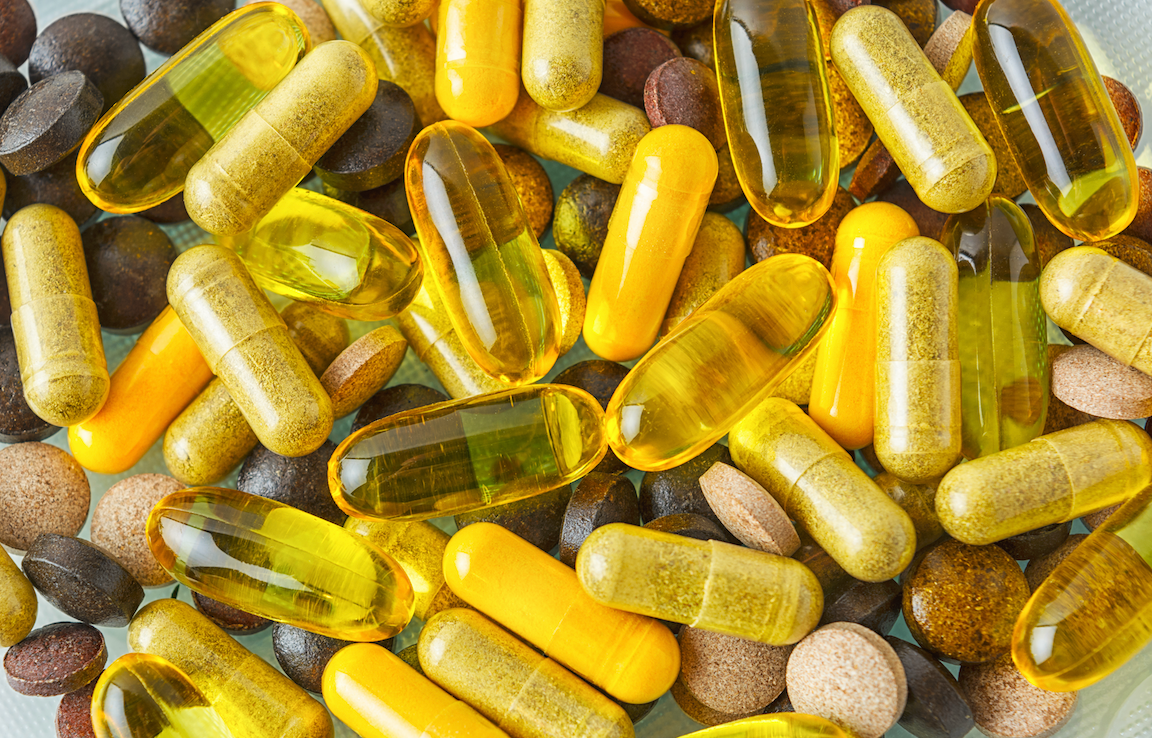











































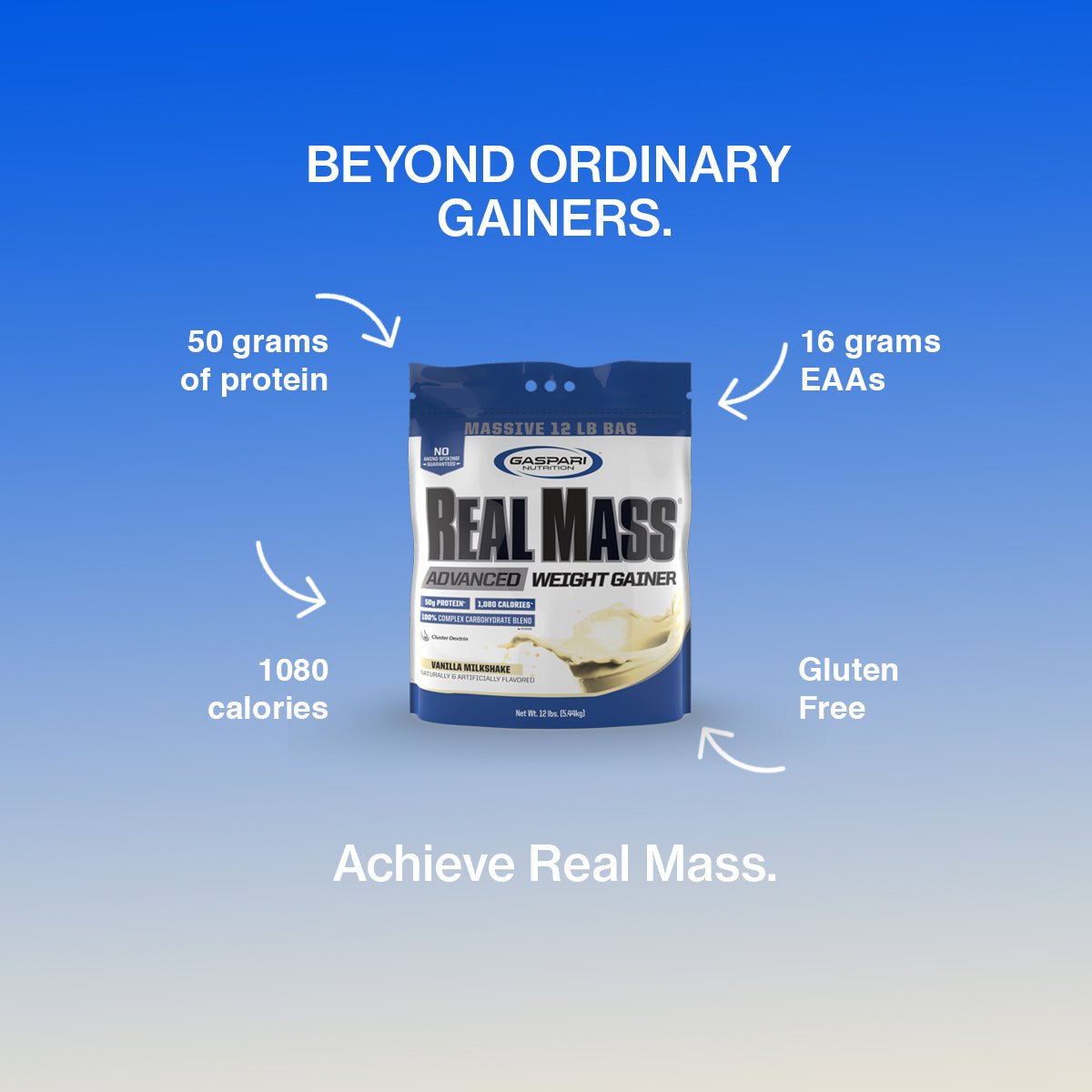
























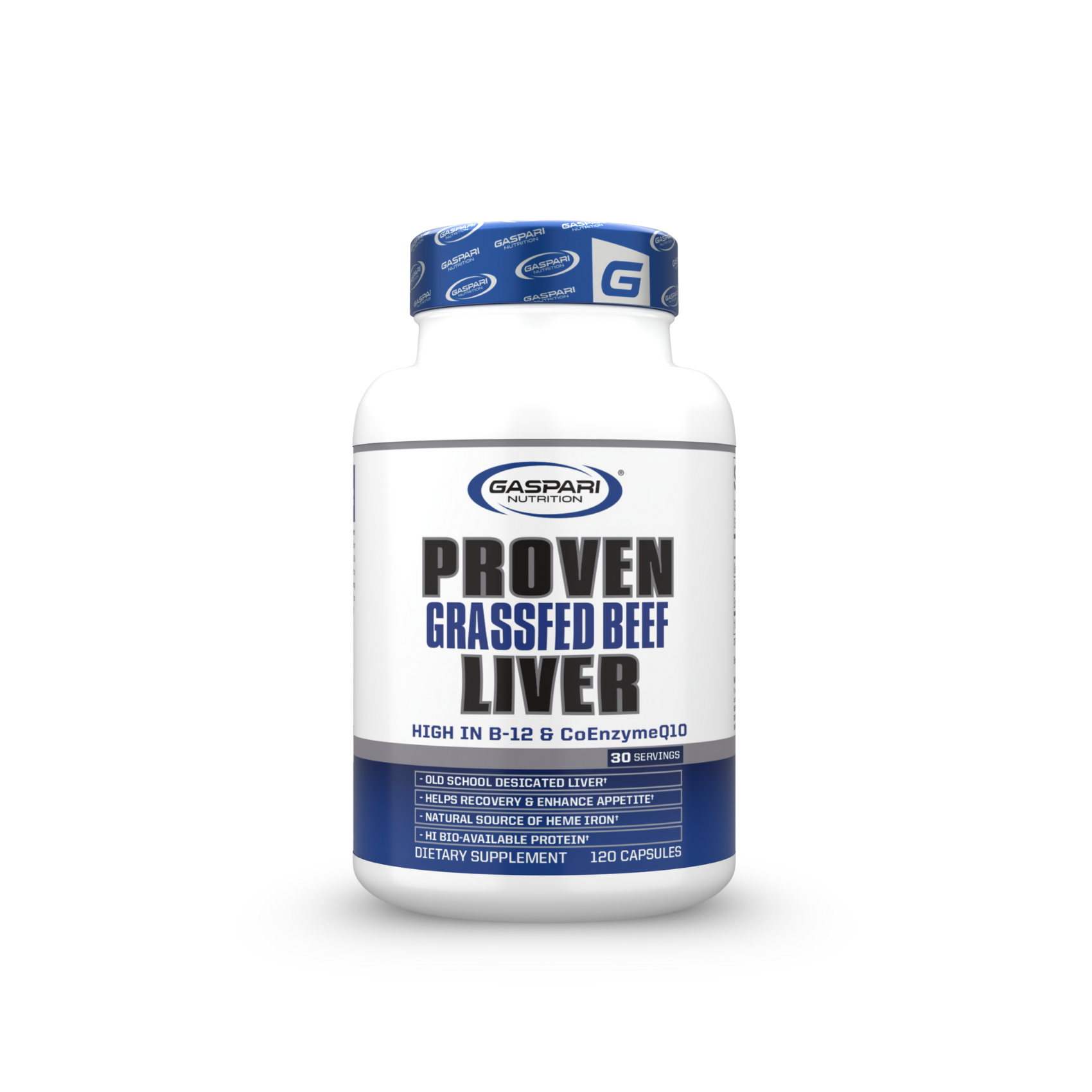
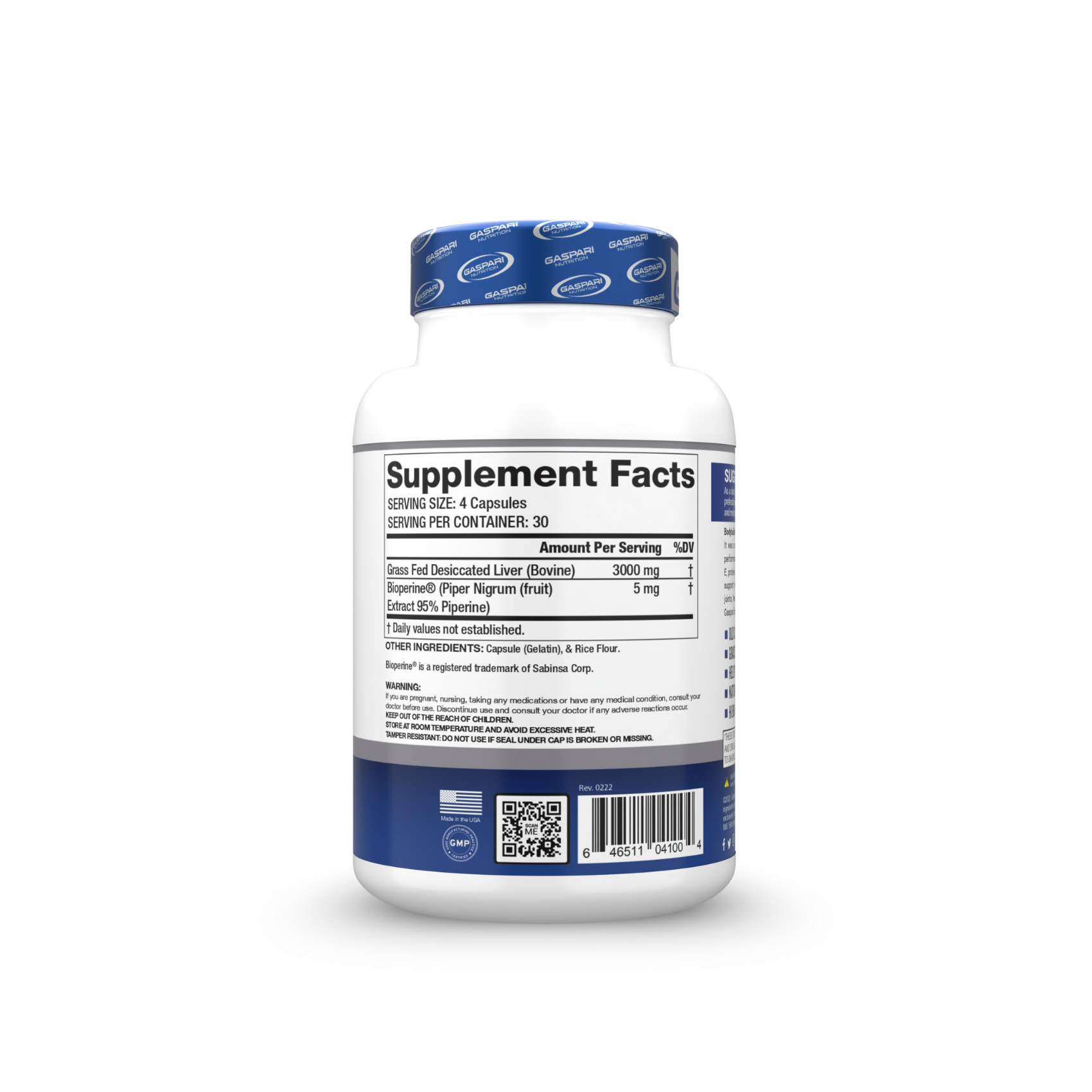
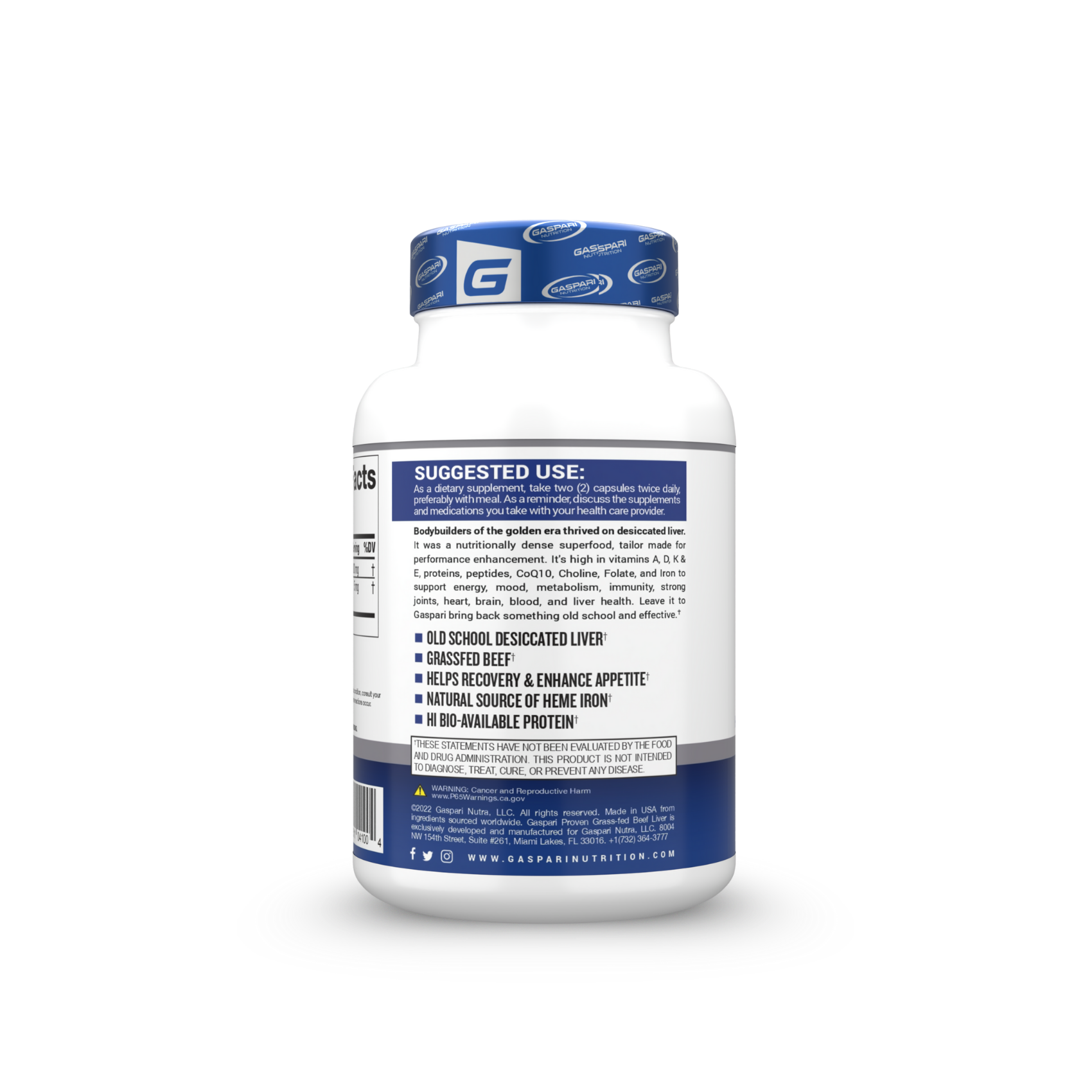





Share:
How Many Grams of Fat Should You Eat Per Day?
How Is Fitness Impacted By Your Mind, Body, And Spirit?